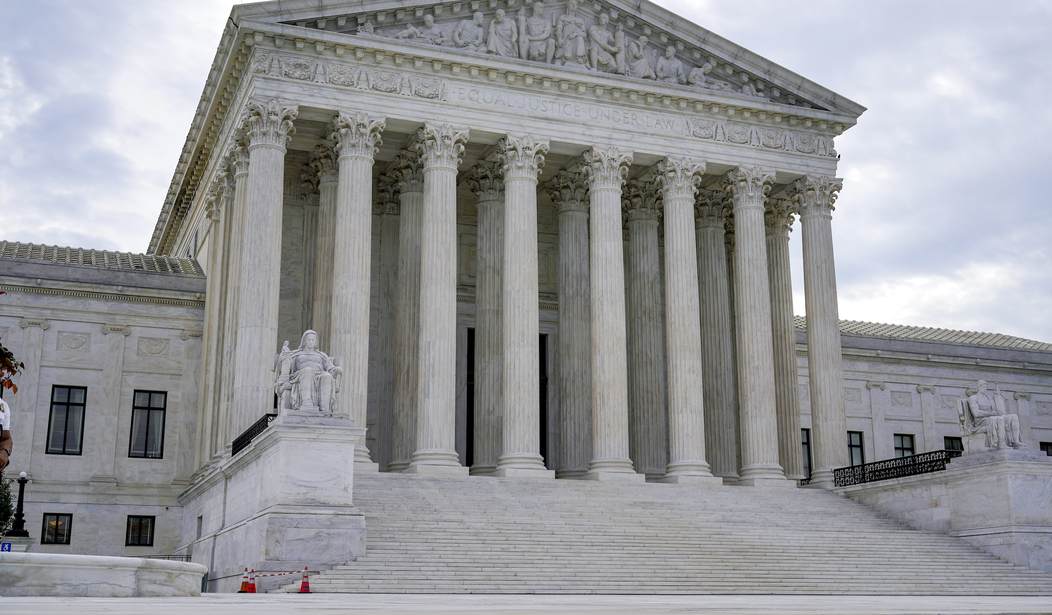The Supreme Court of the United States (SCOTUS) announced Monday that it will decide whether to prohibit the use of race-conscious affirmative action in college admissions decisions. The justices will hear challenges to admissions policies at Harvard University and University of North Carolina (UNC).
The Wall Street Journal reported Monday that the challenges are brought forth by a group called Students for Fair Admissions, led by legal activist Edward Blum, who previously sued both schools in 2014.
“The lawsuit against Harvard alleged the school used quota-like racial-balancing tactics that artificially raised the standards of admission for Asian-American applicants, in violation of federal civil-rights law. The challengers alleged Asians were admitted at a lower rate than whites, even though their overall academic scores were better,” the report said. “The lawsuit against UNC was similar to the Harvard allegations, though it added claims that the flagship public university in Chapel Hill violated the Constitution’s guarantee of equal protection.”
According to the WSJ, “the challengers alleged the school [UNC] unlawfully factored students’ race into the admissions process, favoring Black, Hispanic, and Native American applicants and even caused them harm by inviting them into classrooms for which they weren’t prepared.”
Lower federal courts have previously sided with Harvard and UNC. In a statement, Harvard President Lawrence Bracow said the SCOTUS’ decision to review the cases puts at risk the ability for schools to create diverse communities, “which strengthens the learning environment for all.” Lawrence added that he would continue to defend Harvard’s admissions process.
Recommended
UNC Associate Vice Chancellor Beth Keith said in a statement that the university will defend its admissions process, which she described as “holistic.”
In a statement, Blum said “Harvard and the University of North Carolina have racially gerrymandered their freshman classes in order to achieve prescribed racial quotas. Every college applicant should be judged as a unique individual, not as some representative of a racial or ethnic group.”
“The cornerstone of our nation’s civil rights laws is the principle that an individual’s race should not be used to help or harm them in their life’s endeavors. We hope the Supreme Court will use these cases to begin the restoration of the colorblind legal covenant that holds together Americans of all races and ethnicities,” Blum concluded.
SCOTUS is expected to consider the cases during its next term, which begins in October. A ruling is expected by June 2023.

























Join the conversation as a VIP Member